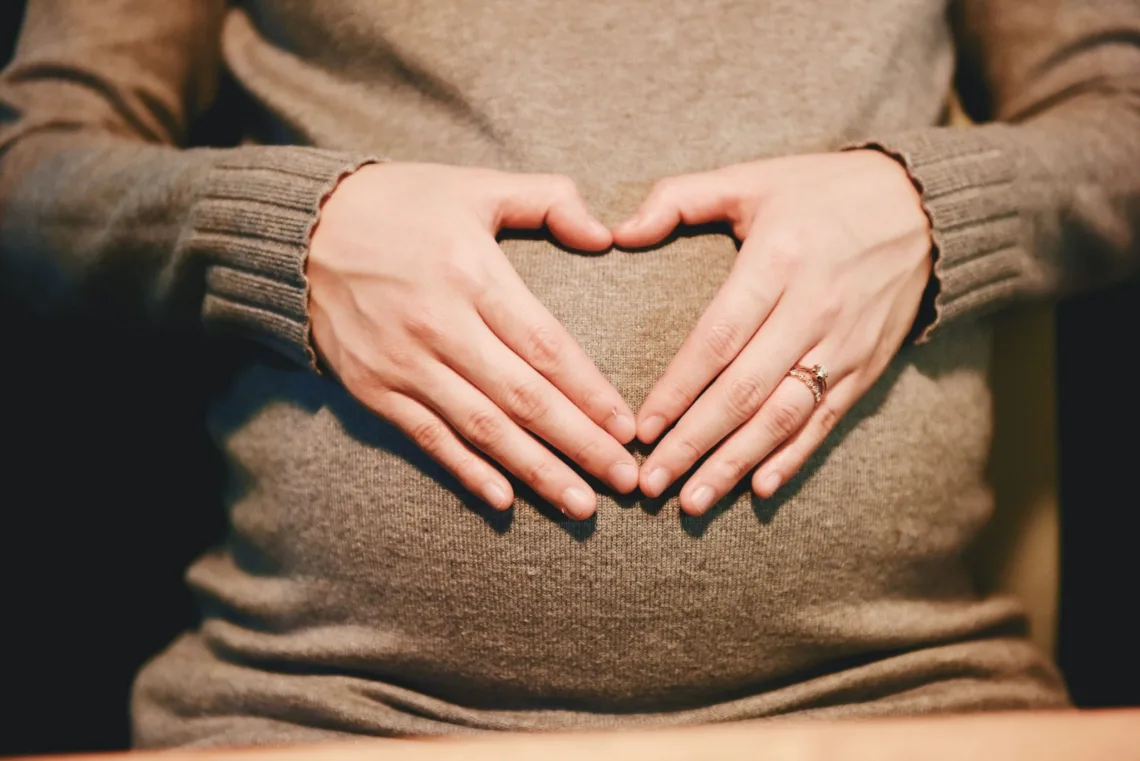About one in six adults globally has experienced infertility at least once in their life.
The World Health Organization (WHO) says in a report on Monday, while encouraging countries to actively collect more consistent data on the cause of this.
The report analyzed existing studies carried out from 1990 to 2021 and showed that around 17.5 percent of adults worldwide were affected by the inability to have children, writes the Reuters news agency.
The WHO stated that the report takes into account several different factors.
The large proportion of people affected shows the need to expand access to fertility treatment and ensure that this issue is no longer sidelined in health research and policy, said UN Health Agency chief Tedros Adhanom Ghebreyesus.
The WHO defines infertility as a disease of the male or female reproductive system defined by failure to achieve pregnancy after 12 months or more of regular unprotected intercourse.
There was no evidence of an increase in the incidence of infertility between 1990 and 2021, according to James Kiarie, head of the World Health Organization’s Contraception and Fertility Treatment Unit.
Based on the data we have, we cannot say that infertility is increasing or is constant. We’re still unsure about that, he said, citing that the data so far has been mixed and inconsistent.
The report highlights the need for all countries to collect and share consistent data on infertility, broken down by age and cause, as well as information on those in need of fertility treatment.
Around 17.8 per cent of adults in high-income countries have experienced infertility at least once, and around 16.5 per cent of adults in low- and middle-income countries, according to the report.

